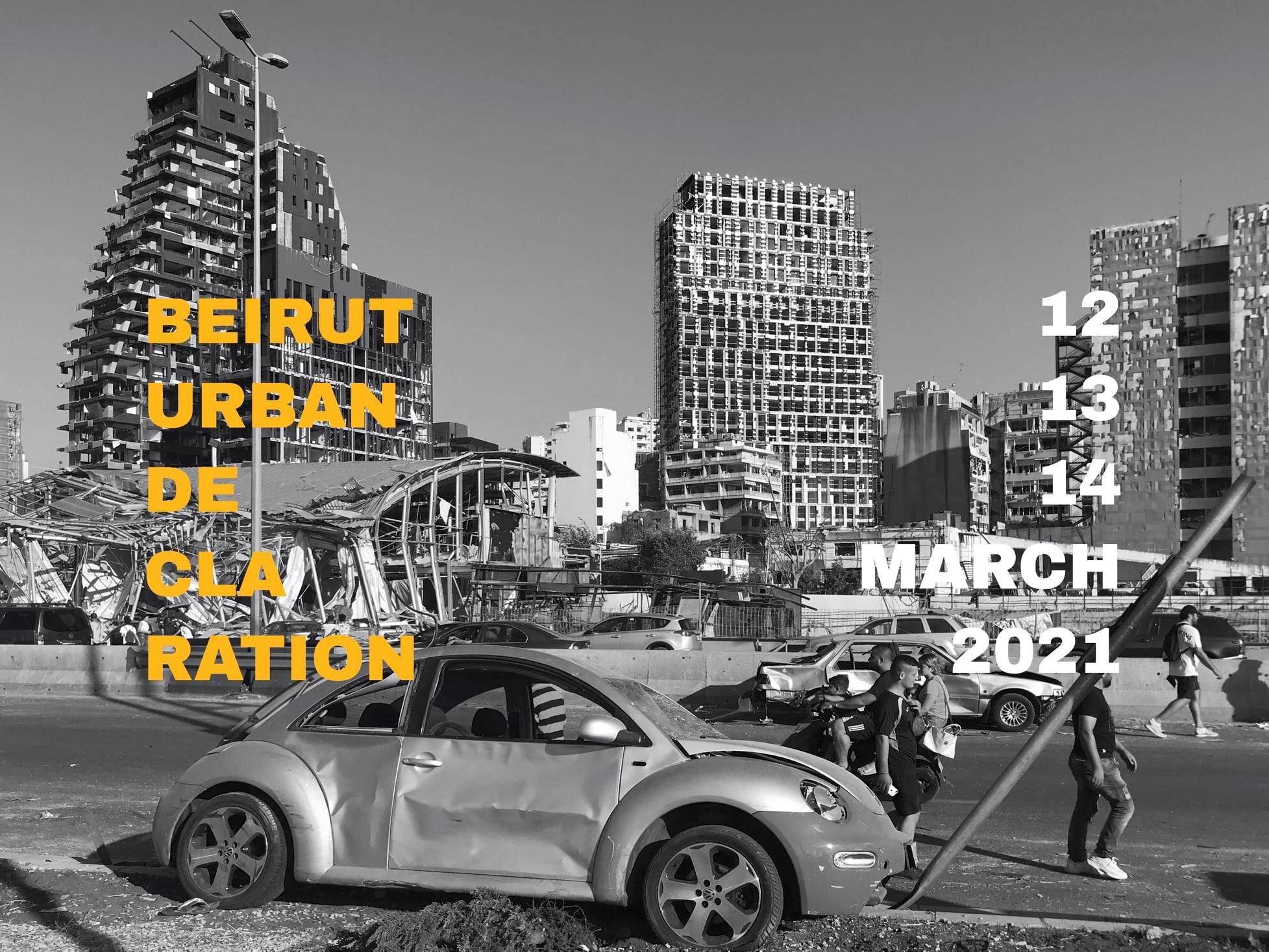“SUrF is acronym for Shared Urban Facilities, a collective motivated by the exploration and understanding of contemporary architectural issues through an intuitive and creative process. ”
David Aouad, founding partner and principal at DAJH Architects and founder of SUrF, will talk about multidisciplinary contextual design approach and the understanding of the specificities of each project, using research and exploration as a back-bone. Through a collaborative process with project teams, clients, vendors, and trades, grows his interest in creating an exploration of project goals and obstacles, resulting in better, cost-effective solutions.
The presentation will cover Aouad’s professional and academic achievements, discussing his firm’s constant thrive to offer new alternatives for achieving solutions, going through, on the one hand, delivered and ongoing architectural, design, and community-driven projects, and on the other hand, his research interests, and publications.






![This lecture is organized by the Institute for Environmental Studies and Research [IESR].](https://images.squarespace-cdn.com/content/v1/5f64440a3e36b67ba2d7df78/1620300868974-1PVP5VFWV9C4SE3HEN2R/AB-Poster.jpg)


![This lecture is organized by the Institute for Environmental Studies and Research [IESR].](https://images.squarespace-cdn.com/content/v1/5f64440a3e36b67ba2d7df78/1618663490184-88JAOIUPHPC1Z03EBJQQ/omar-blaik.jpg)








![This lecture is organized by the Institute for Environmental Studies and Research [IESR].](https://images.squarespace-cdn.com/content/v1/5f64440a3e36b67ba2d7df78/1614863103887-DXQQAV4S2V691NH7VKK7/beirut-rotterdam.jpg)







